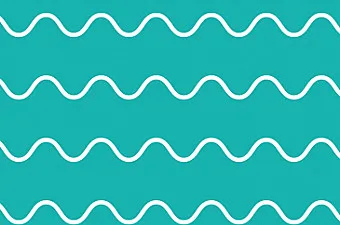TBD Zoom Virtual Seder 5780 - Freedom, Faith, and Family
Thank you for joining us for this festive meal. This evening is all about coming together as a community and expressing appreciation for the freedom we at times can take for granted!
Miami Jewish Health
2 Haggadahs • 5 ClipsOther Haggadahs by Miami Jewish Health
Inspired to create
your own Haggadah?
Make your own Haggadah and share with other Seder lovers around the world
Have an idea
for a clip?
People like you bring their creativity to Haggadot.com when they share their ideas in a clip
Support Us
with your donation
Help us build moments of meaning and connection through
home-based Jewish rituals.
OUR TOP CONTRIBUTORS
Passover Guide
Hosting your first Passover Seder? Not sure what food to serve? Curious to
know more about the holiday? Explore our Passover 101 Guide for answers
to all of your questions.


















